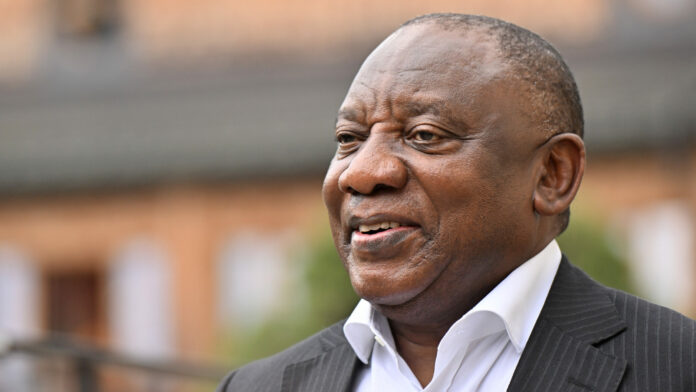
SOUTH African president Cyril Ramaphosa laid down his much-anticipated plan for the country’s stricken energy sector removing the cap over private sector generation and doubling to 6,000MW the amount of wind and solar power to be procured in the latest Window Bid 6.
As previously reported by News24 and Bloomberg News, Ramaphosa also promised to tackle Eskom’s burgeoning R400bn debt pile, enable the utility to purchase power from the industrial sector where it has surplus capacity – such as mines and paper mills – and slash red tape that may be impeding sector liberalisation.
Details of how Eskom’s debt will be tackled would be addressed by the Enoch Godongwana, the finance minister, at the Medium-Term Budget Policy Statement in October, said Ramaphosa.
He said Government would quicken the procurement and build of new renewable generation in terms of Bid Window 5 by taking “a pragmatic approach” to certain contentious compliance issues such as a requirement for local content.
The president also promised to beef up Eskom’s capacity by recruiting skills – some of it from returning employees – and plough more funds to enable quicker fix of the utility’s ageing fleet.
Ramaphosa said steps to liberalise the energy sector such as enabling municipalities to purchase power independently had not been enough. “After more than a decade without a reliable electricity supply, South Africans are justifiably frustrated and angry,” he said.
“They are fed up.”
Private sector freed from licences
In terms of removing the cap on independent generation, Ramaphosa said he was motivated by the private sector response to increasing the threshold from 10MW to 100MW – a step undertaken last year.
While producers would not require licences, all new generation projects would nonetheless still have to register with the regulator and comply with the technical requirements for grid connection and our environmental legislation, he said.
In order to mobilise this generation and have it supplied to the grid, the “lengthy” three year “regulatory processes and red tape” would be removed. “While existing legislation may be sufficient in ordinary times, the current crisis requires that we act decisively and more speedily,” said Ramaphosa.
As a result, special legislation will be tabled in Parliament “on an expedited basis” to address legal and regulatory obstacles to new generation capacity “for a limited period”.
Leaders of political parties represented in the National Assembly were in “broad agreement” that this process should be hastened in Parliament, he said.
“We will in the meantime waive or streamline certain regulatory requirements where it is possible to do so within existing legislation,” said Ramaphosa “This includes reducing the regulatory requirements for solar projects in areas of low and medium environmental sensitivity,” he said.
This will enable Eskom to expand power lines and substations without needing to get environmental authorisation in areas of low and medium sensitivity and within the strategic electricity corridors.
A single point of entry for all energy project applications will also be established “… to ensure coordination of approval processes across government”.
Said Ramaphosa: “I have instructed departments and entities to review all existing time frames and to ensure we process all applications on an urgent basis. Ramaphosa said these measures were preferable “to declaring a state of disaster or even emergency”.











